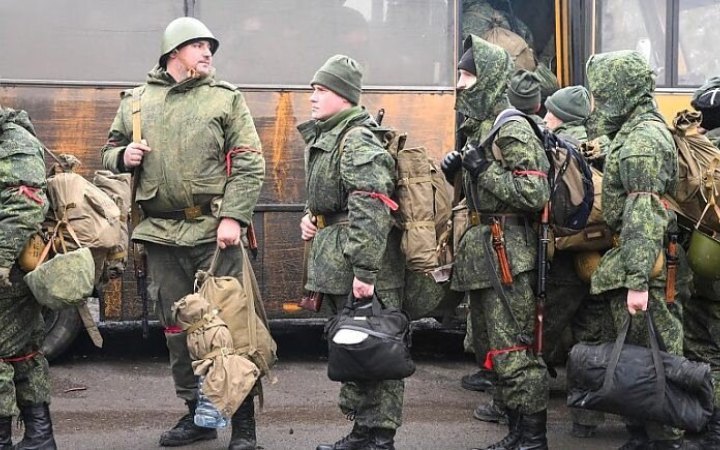The Russian media Vazhnye Istorii and the Conflict Intelligence Team (CIT), a group of bloggers from Russia who claim to be independent, have published a study on the life expectancy of mobilised Russians after receiving a call-up.
It turned out that for one in five mobilised people, this duration is less than two months. These conclusions were based on open data.
Journalists and bloggers have compiled a list of nearly 3,000 mobilised Russians who died from the day the official mobilisation was announced on 21 September 2022, to 1 September 2023. They noted that this is a very "conservative" estimate of the number of deaths.
The list shows that, on average, the mobilised died after 4.5 months in the war. Some Russians lived only a few days. For example, 23-year-old Vadim Bulatov from the Chelyabinsk region, who died nine days after being mobilised. He was sent to the Kherson direction, and there, in addition to Bulatov, at least three other residents of the Chelyabinsk region died on the same day, 8 October.
More than half of the victims were between the ages of 20 and 45. The youngest was 19.
Russia conceals its army losses. According to the General Staff of the Armed Forces, enemy losses have already exceeded 274,000.
The Russian president announced the mobilisation exactly one year ago. It was planned to call up about 300,000 Russians, but in reality the number may be much higher. Russia has been conducting covert mobilisation all along, and Ukrainian intelligence has reported that Moscow wants to draft up to 450,000 more people.
At the same time, the Kremlin is trying to remain cautious before the elections and send migrants and foreigners to the war instead of Russians.








